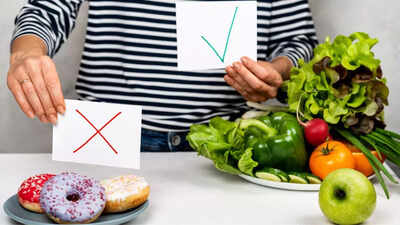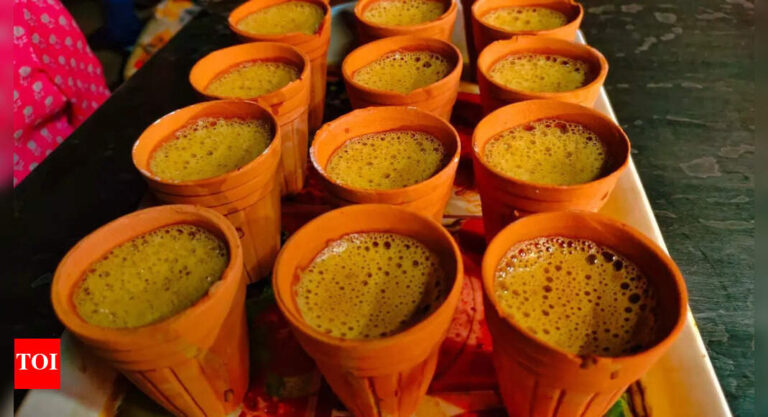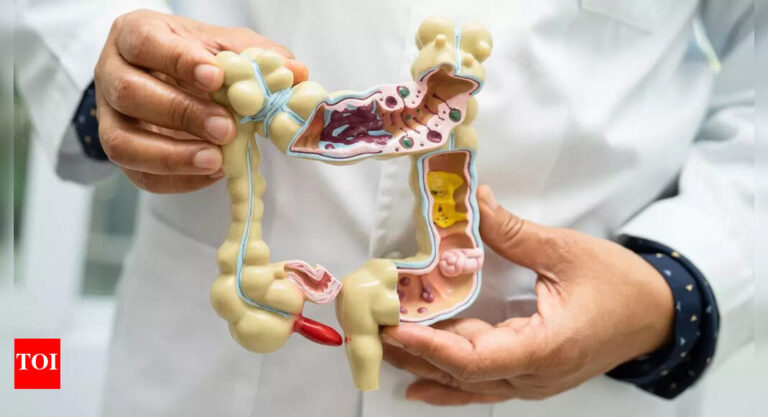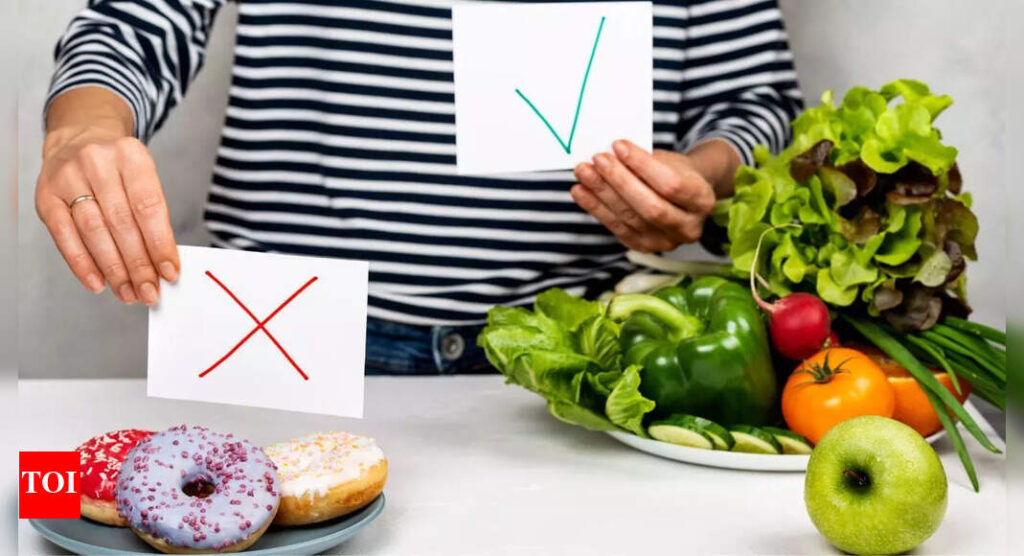
Living with diabetes can be a real challenge, especially when it comes to managing diet. Diabetes is a chronic health condition that affects how your body turns food into energy. It is characterised by high blood sugar levels, which can lead to a variety of complications like heart disease, kidney damage, and nerve damage, if not managed properly. Managing diabetes effectively requires a thoughtful approach to diet, focusing on foods that support healthy blood sugar levels. Certain foods can significantly impact diabetes management, making it crucial to know what to limit or avoid. A combination of medication, lifestyle changes, diet, exercise, and monitoring blood sugar levels can help manage diabetes.
Avoid these foods and drinks to control diabetes
1. Sugary drinks: Sugary drinks like soda, sports drinks, and sweetened beverages can cause a rapid spike in blood sugar levels. These drinks are high in calories and added sugars, which can lead to weight gain and insulin resistance.

2. Refined carbohydrates: Refined carbohydrates, such as white bread, sugary snacks, and baked goods, can cause a significant increase in blood sugar levels. These foods are often high in empty calories, added sugars, and unhealthy fats.

3. Processed meats: Processed meats like hot dogs, sausages, and bacon are high in sodium, preservatives, and saturated fats. These foods can increase blood pressure, cholesterol levels, and cardiovascular risk.
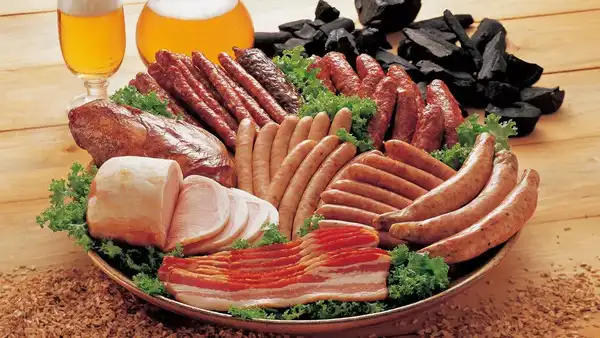
4. Fried foods: Fried foods like French fries, fried chicken, and doughnuts are high in calories, added sugars, and unhealthy fats. These foods can lead to weight gain, insulin resistance, and increased cardiovascular risk.
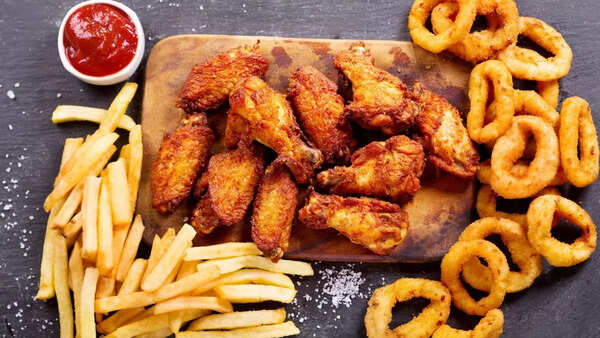
5. High-sodium foods: High-sodium foods like canned soups, processed snacks, and frozen meals can increase blood pressure and cardiovascular risk. Limiting sodium intake is crucial for people with diabetes.
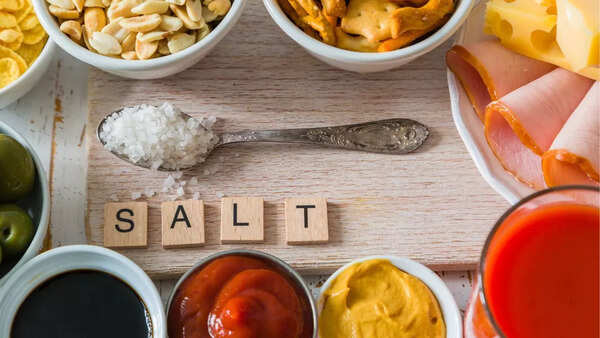
6. Foods high in saturated and trans fats: Foods high in saturated and trans fats, such as butter, lard, and partially hydrogenated oils, can increase cholesterol levels and cardiovascular risk.

7. High-glycemic foods: High-glycemic foods like potatoes, and corn can cause a rapid increase in blood sugar levels. These foods are often high in empty calories and low in fiber and nutrients.

8. Candy: Candies are loaded with sugar and calories, and candy can send blood sugar levels soaring, providing no nutritional benefits

9. White rice: Unlike whole grains, white rice is a refined carb that can trigger sharp increases in blood sugar levels.
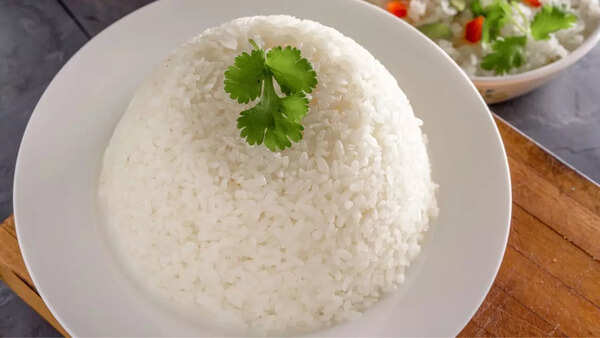
10. Sauces and dressings: Many sauces and dressings are secretly packed with sugar and unhealthy fats, disrupting blood sugar balance and adding empty calories.
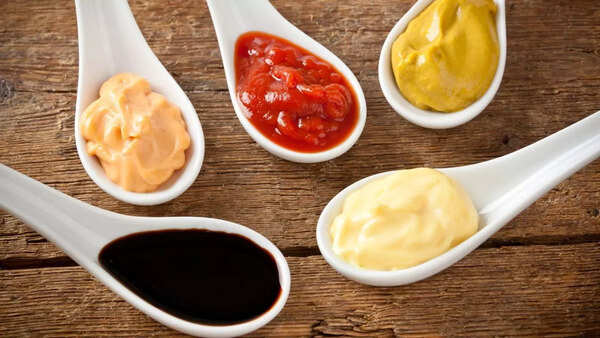
Also read | Going for blood donation? Here’s what to eat, avoid, and do before and after donating blood

